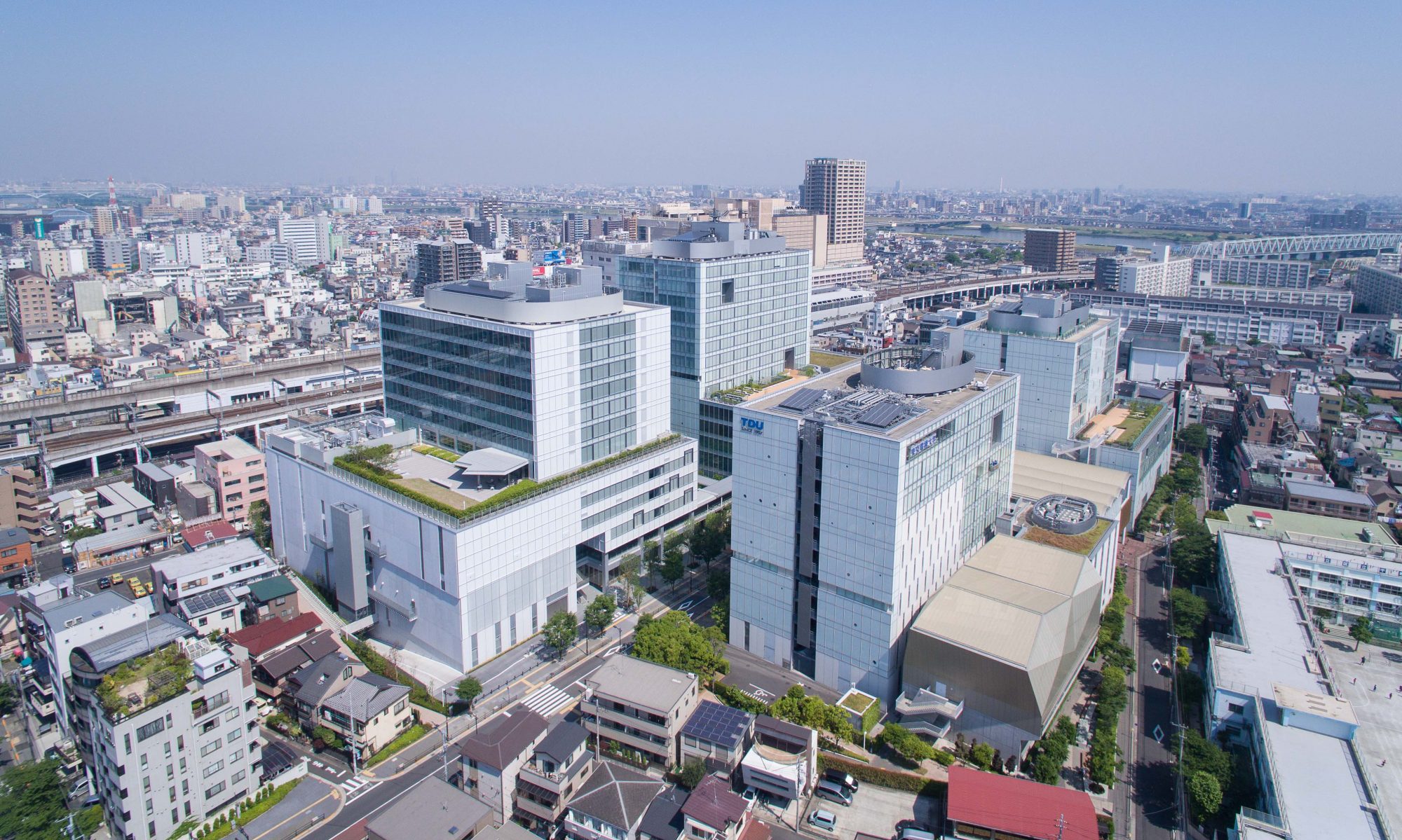Sept. 3 Tuesday (9:00 am – 12:30 am), @1204 room
Machine Learning for Reliability of ICs and Systems
Lecturers: Krishnendu Chakrabarty (Duke University) ※
Mehdi Tahoori (Karlsruhe Institute of Technology)
※Speaker
Abstract
With increasing the complexity of digital systems and the use of advanced nanoscale technology nodes, various process and runtime variabilities threaten the correct operation of these systems. The interdependence of these reliability detractors and their dependencies to circuit structure as well as running workloads makes it very hard to derive simple deterministic models to analyze and target them. As a result, machine learning techniques can be used to extract useful information which can be used to effectively monitor and improve the reliability of digital systems. These learning schemes are typically performed offline on large data sets in order to obtain various regression models which then are used during runtime operation to predict the health of the system and guide appropriate adaptation and countermeasure schemes. The purpose of this tutorial is to discuss and evaluate various learning schemes in order to analyze the reliability of the ICs and systems due to various runtime failure mechanisms which originate from process and runtime variabilities such as thermal and voltage fluctuations, device and interconnect aging mechanisms, as well as radiation-induced soft errors. The tutorial will also describe how time-series data analytics based on key performance indicators can be used to detect anomalies and predict failure in complex electronic systems. A feature-categorization-based hybrid method will be presented to detect anomalies in features with different statistical characteristics. Changepoint detection based on maximum-likelihood analysis and health-status analysis will be described to distinguish changed normal scenarios from anomalous behavior. A comprehensive set of experimental results will be presented for data collected during 30 days of field operation from over 20 core routers.
About the Lecturer:
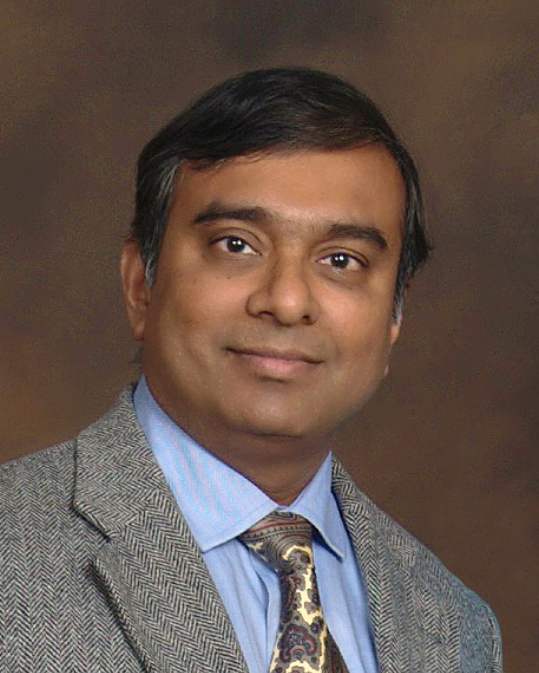
Krishnendu Chakrabarty received the B. Tech. degree from the Indian Institute of Technology, Kharagpur, in 1990, and the M.S.E. and Ph.D. degrees from the University of Michigan, Ann Arbor, in 1992 and 1995, respectively. He is now the John Cocke Distinguished Professor and Department Chair of Electrical and Computer Engineering, and Professor of Computer Science, at Duke University.
Krishnendu Chakrabarty is a recipient of the National Science Foundation CAREER award, the Office of Naval Research Young Investigator award, the Humboldt Research Award from the Alexander von Humboldt Foundation, Germany, the IEEE Transactions on CAD Donald O. Pederson Best Paper Award (2015), the ACM Transactions on Design Automation of Electronic Systems Best Paper Award (2017), multiple IBM Faculty Awards and HP Labs Open Innovation Research Awards, and over a dozen best paper awards at major conferences. He is also a recipient of the IEEE Computer Society Technical Achievement Award (2015), the IEEE Circuits and Systems Society Charles A. Desoer Technical Achievement Award (2017), the Semiconductor Research Corporation Technical Excellence Award (2018), the IEEE Test Technology Technical Council Bob Madge Innovation Award (2018), and the Distinguished Alumnus Award from the Indian Institute of Technology, Kharagpur (2014). He is a Research Ambassador of the University of Bremen (Germany) and a Hans Fischer Senior Fellow at the Institute for Advanced Study, Technical University of Munich, Germany. He is a 2018 recipient of the Japan Society for the Promotion of Science (JSPS) Fellowship in the “Short Term S: Nobel Prize Level” category.
Krishnendu Chakrabarty’s current research projects include: testing and design-for-testability of integrated circuits and systems; microfluidic biochips; hardware security; machine learning for fault diagnosis and failure prediction; neuromorphic computing systems. He is a Fellow of ACM, a Fellow of IEEE, a Fellow of AAAS, and a Golden Core Member of the IEEE Computer Society. He was a Distinguished Visitor of the IEEE Computer Society (2005-2007, 2010-2012), a Distinguished Lecturer of the IEEE Circuits and Systems Society (2006-2007, 2012-2013), and an ACM Distinguished Speaker (2008-2016). Prof. Chakrabarty served as the Editor-in-Chief of IEEE Design & Test of Computers during 2010-2012, ACM Journal on Emerging Technologies in Computing Systems during 2010-2015, and IEEE Transactions on VLSI Systems during 2015-2018.
Sept. 3 Tuesday (1:30 pm – 5:00 pm), @1204 room
AI Chip Technologies and Its DFT Methodologies
Lecturers: Yu Huang (Mentor, a Siemens Business)
Wu-Tung Cheng (Mentor, a Siemens Business)※
Rahul Singhal (Mentor, a Siemens Business)※
Lee Harrison (Mentor, a Siemens Business)※
※Speakers
Abstract
Hardware acceleration for Artificial Intelligence (AI) is now a very competitive and rapidly evolving market. In this tutorial, we will start by covering the basics of deep learning. We will proceed to give an overview of the new and exciting field of using AI chips to accelerate deep learning computations. Next we will summarize the features of the AI chips from design-for-test (DFT) perspective and introduce the DFT technologies that can help testing AI chips and speeding up time-to-market. Finally, we will present a few case studies on how DFT is implemented on the real AI chips.
About the Lecturers:
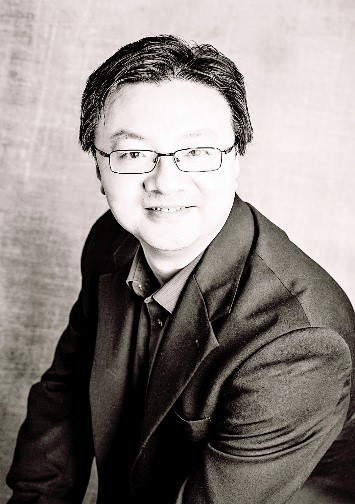
Yu Huang is a Senior Key Expert of Mentor, A Siemens Business. His research interests include VLSI SoC testing, ATPG, compression, diagnosis, machine learning and AI chips. He has a BS in electronic science and an MS in semiconductor devices and technology, both from Nankai University, China; and a PhD in electrical and computer engineering from the University of Iowa. He holds 27 US patents and has 15 more patents pending. He has published more than 110 papers on leading IEEE Journals, conferences and workshops. He is a senior member of the IEEE. He has served as technical program committee member for DAC, ITC, VTS, ATS, ETS, ASPDAC, NATW and many other conferences and workshops in the testing area.
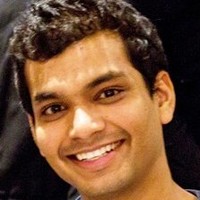 Rahul Singhal is a Technical Marketing Engineer with Tessent Solutions group of Mentor, A Siemens Business. His focus is on the industry requirements in the areas of ATPG, compression, low pin count testing and DFT for AI chips architectures. He is currently a program committee member of NATW. Rahul received his M.S. in Electrical and Computer Engineering from Portland State University in 2011.
Rahul Singhal is a Technical Marketing Engineer with Tessent Solutions group of Mentor, A Siemens Business. His focus is on the industry requirements in the areas of ATPG, compression, low pin count testing and DFT for AI chips architectures. He is currently a program committee member of NATW. Rahul received his M.S. in Electrical and Computer Engineering from Portland State University in 2011.
Sept.4 Wednesday 2:45 pm – 4:00 pm @1204 room
Recent Advances in Capacitive Non-Contact Measurements of Physiological and Behavioral Signals
Lecturer: Akinori Ueno (Tokyo Denki University)
Abstract
In my presentation, I will introduce non-contact measurement technologies for physiological and behavioral signals using capacitively coupled textile electrodes. The developed technologies commonly involve capacitive couplings comprising body surface, clothing and textile electrode.
The first example is that for in-car electrocardiogram (ECG) measurement via worn clothes using laminated textile electrodes. Measurement principle, developed system and validation results during simulated/actual driving are to be presented.
The second example is the technology for electromyogram measurement via clothing or water-proof material. Measurement principle, developed system and validation results will be presented with a view to prosthetic control application, under-water rehabilitation, or respiratory movement detection.
The third example is the technology for in-bed multi-vital and behavioral signal measurements for recumbent subjects. Measurement principle, developed system and preliminary validation results will be presented.
If time permitted, other examples, such as in-pillow EOG measurement, will be introduced.
About the Lecturers:
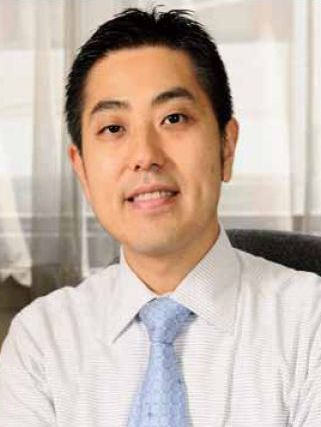
Akinori Ueno received the B.S. degree in electrical engineering in 1994, and the M.S. and Ph.D. degrees in biomedical engineering in 1996 and 1999, respectively from Keio University, Yokohama, Japan. He is currently a Professor of electrical and electronic engineering at Tokyo Denki University, Tokyo, Japan, and held a position as Associate Professor of electrical and computer engineering at Tokyo Denki University, Saitama, Japan. He was a Visiting Scholar at bioengineering department of University of California-San Diego, La Jolla, CA, from April 2013 to March 2014. His research interests include biomedical instrumentation and intelligent human-machine interfaces. Dr. Ueno is the recipient of several research awards from the Japan Society of Medical Electronics and Biological Engineering, the Society of Life Support Engineering and the Society of Instrument and Control Engineers.
